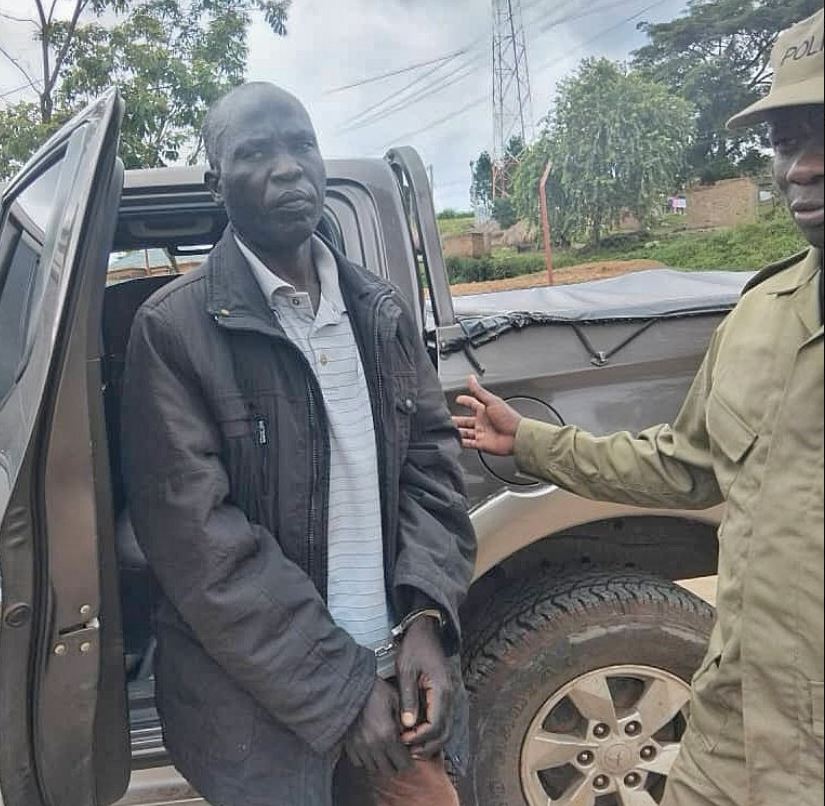Published on 25/07/2025
The High Court in London has rejected DFCU’s application to amend its defence in the high-profile Crane Bank Limited (CBL) case. This ruling marks yet another legal victory for businessman Dr. Sudhir Ruparelia and the shareholders of CBL, who have successfully fought off DFCU’s claims at every stage—first in Ugandan courts and now in the UK.
Background Of The Case
The dispute dates back to October 2016, when the Bank of Uganda (BoU) controversially took over Crane Bank Limited, one of the country’s largest indigenous banks, claiming under capitalisation. Shortly after, BoU sold CBL’s assets and liabilities to DFCU Bank in a secretive deal valued at just Shs 200 billion—far below the bank’s reported worth.

Crane Bank’s former shareholders, led by Dr. Sudhir Ruparelia, challenged the sale, terming it illegal, fraudulent, and unconstitutional. A major victory came in 2019 when the High Court in Uganda dismissed BoU’s suit against Ruparelia and ordered BoU to pay costs. The judgment was upheld by the Court of Appeal and later by the Supreme Court, which also condemned BoU’s conduct.

The Ugandan courts ruled that Crane Bank, under receivership, had no legal capacity to sue, and that BoU had acted outside its mandate. The verdicts exposed major irregularities in the sale of CBL and left DFCU—who had acquired the bank’s assets—on shaky legal ground.
With doors closed in Uganda, DFCU took the fight to London, hoping the UK courts would grant them legal relief by allowing a fresh defence based on a controversial PricewaterhouseCoopers (PWC) report.
In their application, DFCU sought to amend their defence to include a forensic audit report, purportedly authored by PWC, that made sweeping allegations against CBL and its shareholders—including claims of corruption, mismanagement, and fraud. DFCU argued that this report justified BoU’s takeover and the sale of the bank to DFCU.
However, the Claimants (CBL and its shareholders) strongly opposed the application, raising six powerful objections that convinced the London court to dismiss DFCU’s bid:
- False Allegations: The PWC report was based on false and unsubstantiated claims.
- Lack of Authenticity: The report was not produced by the global PWC accounting firm but by a local, unregulated outfit operating under the same name, without proper licensing in Uganda.
- Legal Inadmissibility: Under Ugandan law, such a report is inadmissible in court due to its unlicensed origin.
- Multiple Contradictory Versions: Several inconsistent versions of the report exist—some unsigned, some backdated—raising questions about its reliability.
- Incomplete Documentation: The reports were missing key pages, appendices, and supporting documents, making them impossible to verify.
- Unfair Advantage: CBL was denied access to its own data and documents—held by BoU and DFCU—making it unfair to use those reports without giving CBL a chance to respond fully.
The London court agreed with all six objections and ruled that DFCU could not rely on the PWC reports as evidence in the case. As a result, DFCU’s application was dismissed, and they were ordered to pay legal costs to the Claimants.
In a second application, DFCU sought sweeping disclosure orders, demanding access to phones, laptops, and personal emails of nearly everyone on the claimants’ side. The court rejected most of these demands, allowing only limited searches:
- Only Sheena’s personal email could be reviewed (due to prior CBL-related communications).
- Only the phones of Dr. Ruparelia, Meera, and Sheena could be examined—and only for messaging app usage between 2015–2019.
- All other disclosure requests were denied.
The court also formally recognized Dr. Ruparelia as the representative of the Estate of the late Rajiv Ruparelia, replacing him in the proceedings.
Importantly, the court declined to reserve hearing dates for October until all outstanding matters are formally filed, slowing down DFCU’s attempts to push the case forward.
With another key application rejected, DFCU’s legal campaign in London is faltering. What began as a tactical retreat to foreign courts is now beginning to resemble a costly miscalculation. Dr. Sudhir Ruparelia’s legal team remains undefeated—both in Uganda and now in the UK—and DFCU finds itself forced to regroup, licking fresh legal wounds.








